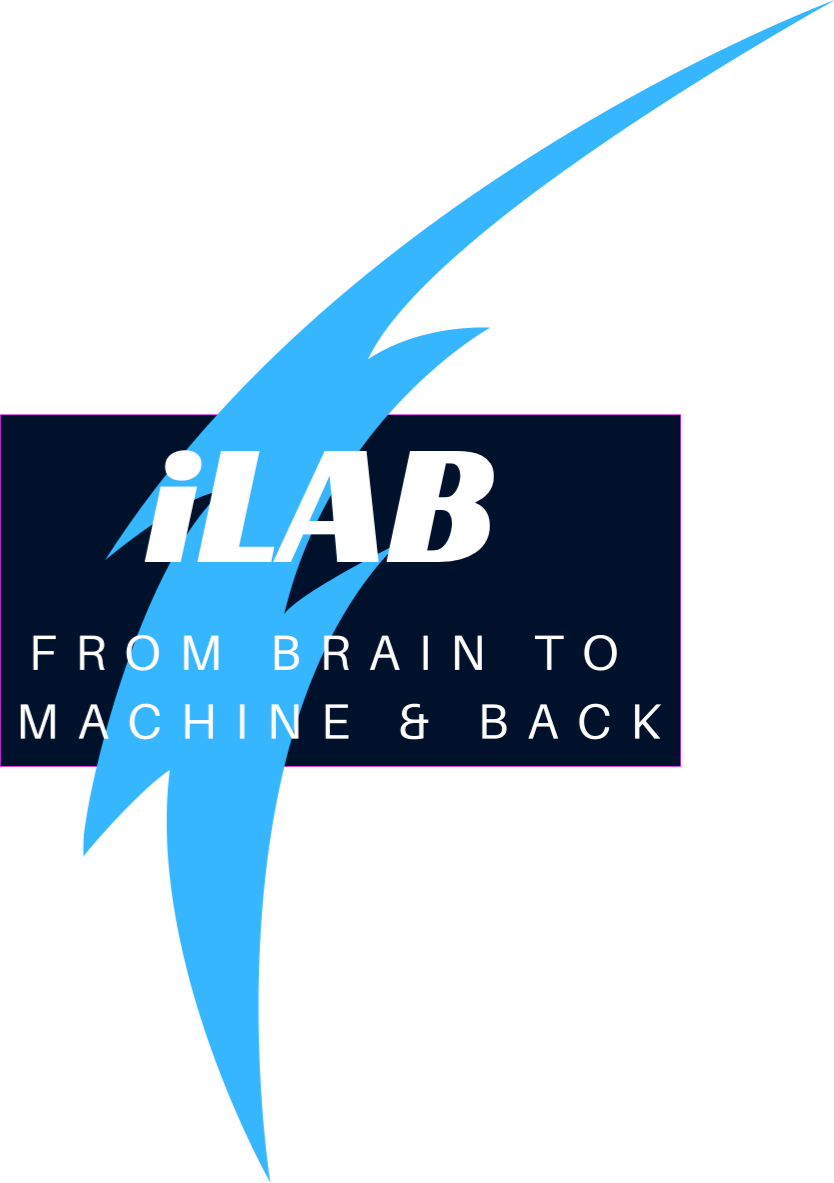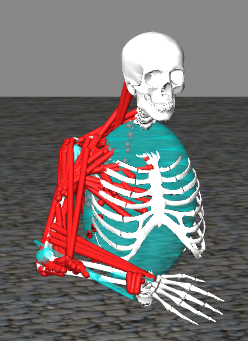The investigation of neuronal accounts of cognition is closely linked to collaboration between behavioral experiments, theory and application and supports the process of moving from pure behaviorist correlation analysis to gaining a real understanding of the underlying mechanisms. Cognition builds upon the individual behavioral history, and the understanding of cognition is based on neuronal principles.
The study of human behavior incorporates in particular interactive, dynamically changing scenarios with multiple human individuals. Both the acquisition of behavioral data of human subjects, the modeling of behavior, as well as the evaluation in interactive scenarios, makes it necessary to generate simulated images of reality. Simulations allow the investigator to precisely control the structure of the environment the subject interacts with. Furthermore, situations that would be too dangerous in the real world (e.g. near-crash driving situations) can be investigated using virtual reality





